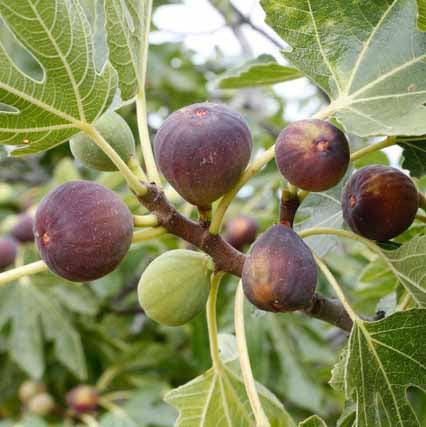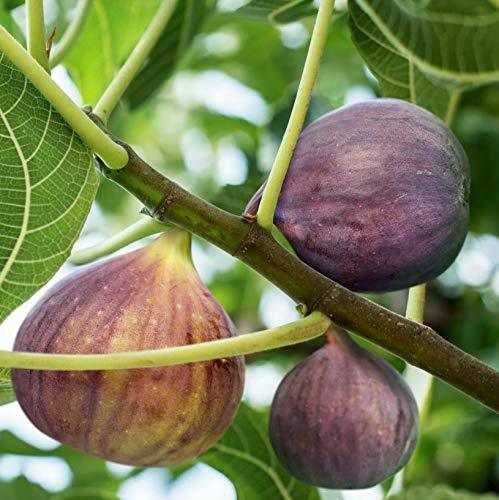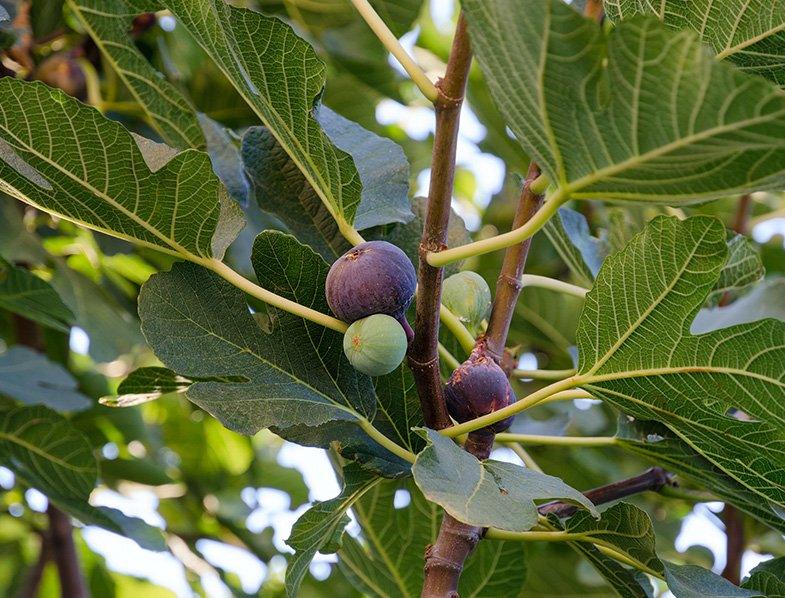
Fig Fruit Dwarf Plant ficus carica Turkey Brown 1 Helathy Live Layering Plant
🌿 Kadiam Nursery - Your Trusted Wholesale Plant Supplier
🌾 We offer a wide selection of plants for bulk orders across India 🇮🇳, ensuring safe and reliable transport with our dedicated vehicles 🚛
🌱 Minimum order quantities apply. We ship plants directly, without using courier service 📦
🌳 Trusted nationwide for delivering consistent quality and reliability in plant supplier🌿✨.
As part of Mahindra Nursery Exports, we also offer national plant export services 🌎. Natural factors may cause slight plant variations 🍃, but our commitment to quality remains steady 🌱💚.



